New Delhi, July 26 – West Bengal Chief Minister Mamata Banerjee has been formally cautioned by the Indian central government for her comments on Bangladesh's internal affairs, amid the ongoing violence related to the quota reform movement in Bangladesh. This follows an official objection lodged by Dhaka with Delhi over Mamata's 'provocative speech.'
India's External Affairs Ministry spokesperson, Randhir Jaiswal, confirmed the receipt of the diplomatic note from Bangladesh and reminded Mamata Banerjee about the constitutional limitations of state governments regarding foreign affairs. He emphasized that only the Government of India has the authority to engage in international matters.
"No state government has the right to take action on any other country or foreign affairs. The Constitution did not grant that right to the States," Jaiswal stated, underscoring the exclusive jurisdiction of the central government over foreign policy as per Article 10 of the First List of the Seventh Schedule of the Indian Constitution.
This development comes after a public speech by Mamata Banerjee in Kolkata, where she initially stated that she could not comment on Bangladesh as it is a separate country. However, she proceeded to make remarks perceived as controversial, including expressing sympathy for those affected by the violence in Bangladesh and asserting that Bengal would provide shelter to those in need, citing a United Nations resolution on refugees.
Her statements, particularly her remarks about the bloodshed in Bangladesh, have not only stirred diplomatic tensions but also attracted criticism from the Bharatiya Janata Party (BJP) in India. In a social media post, Mamata mentioned that hundreds of students and others from Bangladesh were returning to West Bengal and India, and she directed the state administration to assist them.
The Ministry of External Affairs reiterated that foreign policy matters fall solely under the purview of the central government and advised state governments to refrain from making statements or taking actions that could interfere with international relations.
During Prime Minister Sheikh Hasina's recent visit to India, there was a positive dialogue on the Teesta water distribution issue. However, Mamata Banerjee's subsequent comments have been seen as potentially disruptive to the diplomatic rapport between India and Bangladesh.
"The state government should not interfere in any matter outside its constitutional jurisdiction," Jaiswal concluded, making it clear that such matters are the exclusive responsibility of the central government.



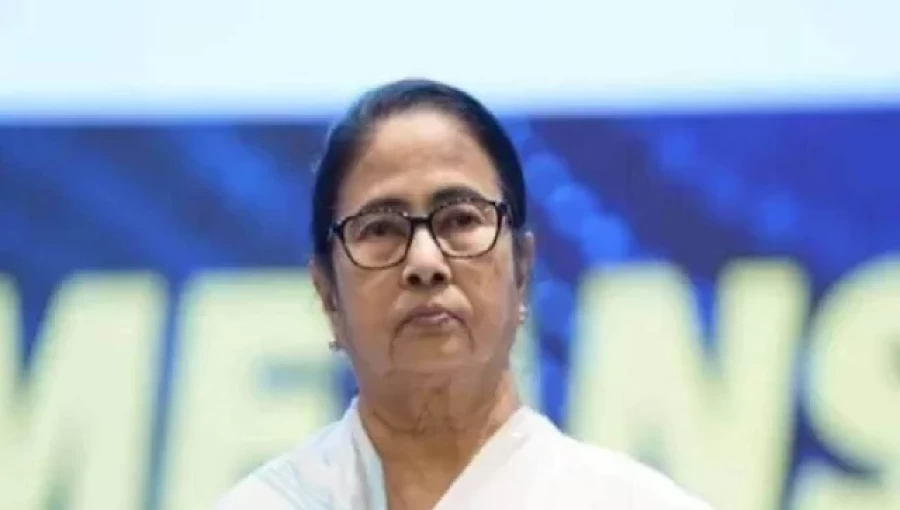






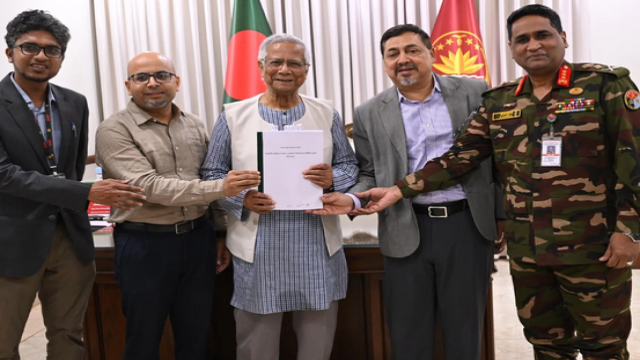
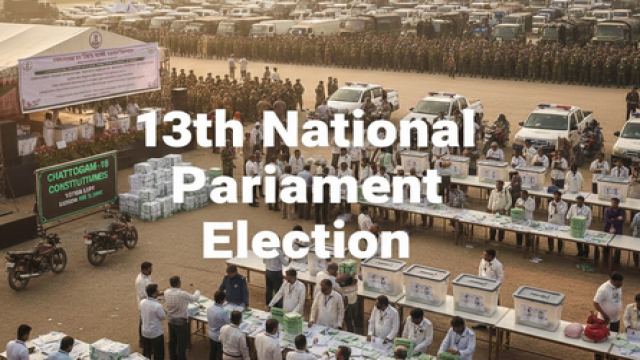
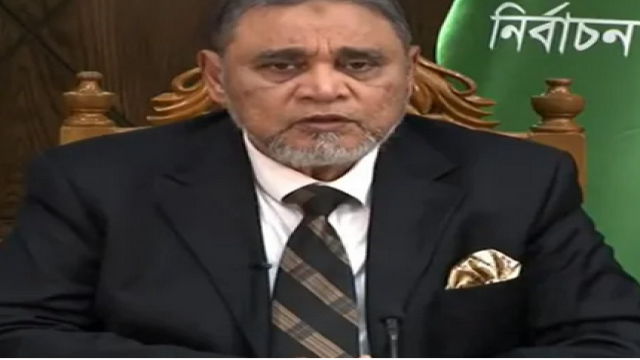
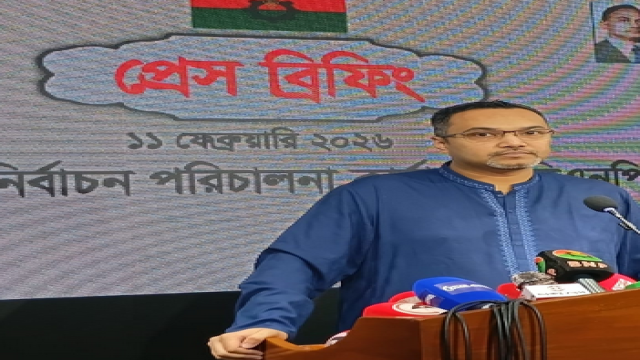
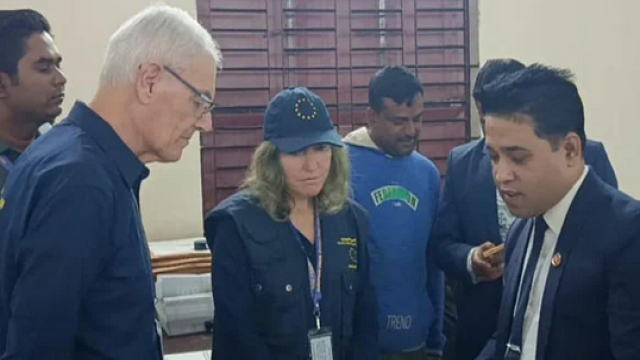

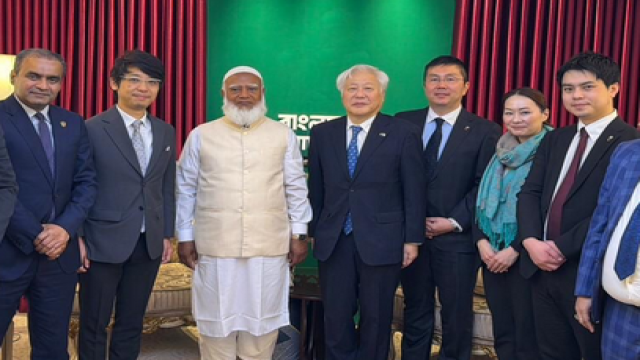
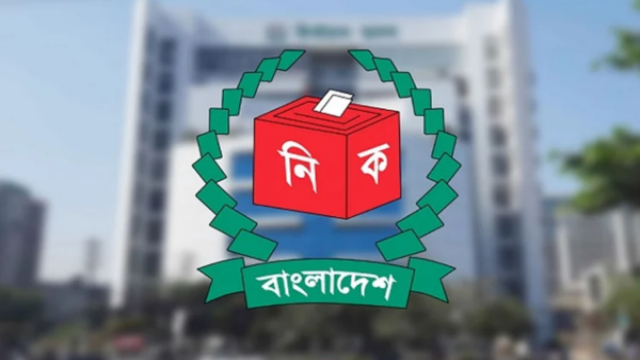
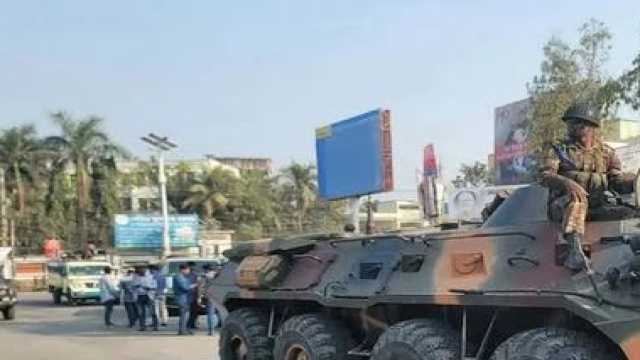
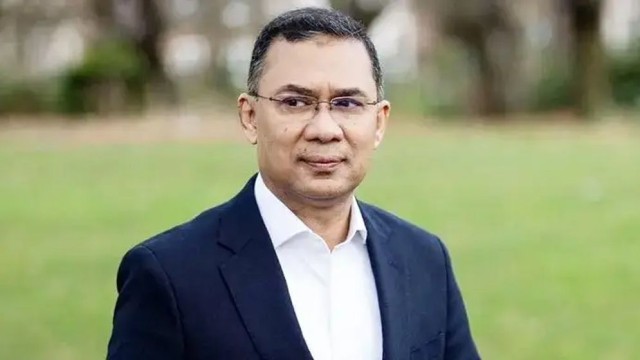











Comment: